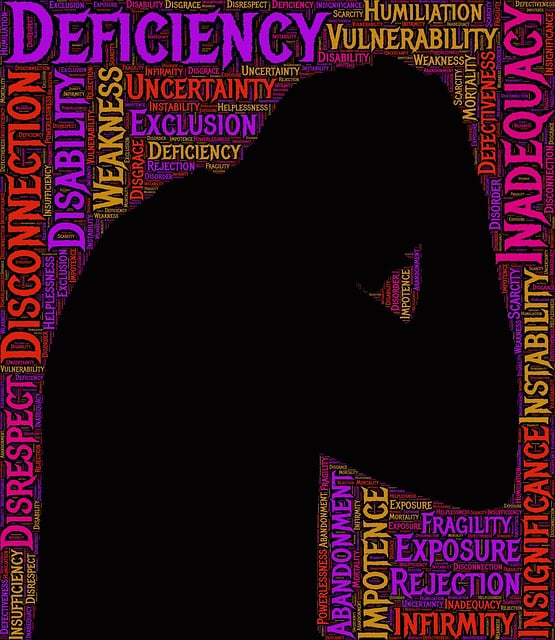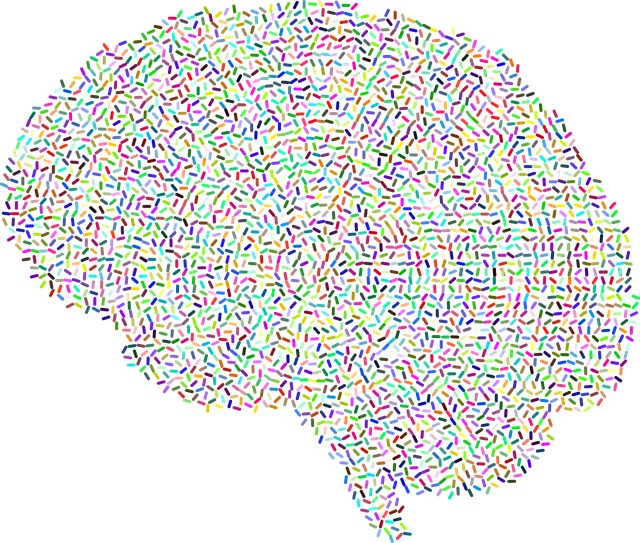Crisis intervention specialists, including healthcare providers, therapists, and first responders, require a multifaceted approach. Integrating Golden Spiritual-Religious Issues Therapy alongside burnout prevention, stress reduction, and cultural sensitivity is crucial for effective support. This holistic method, involving risk assessment, tailors interventions to diverse populations' spiritual and psychological needs. By fostering safe spaces for religious expression, it enhances recovery from trauma and stress while shaping mental health policies to accommodate religious diversity.
In times of crisis, effective intervention strategies are vital to guide individuals towards healing. This article provides a comprehensive overview of crisis intervention, focusing on the intricate balance between spiritual and religious considerations. We explore the role of Golden Spiritual-Religious Issues Therapy in offering therapeutic support while respecting diverse beliefs. By understanding foundational principles and practical techniques, professionals can navigate complex situations, ensuring sensitive and effective crisis care.
- Understanding Crisis Intervention: A Foundation for Effective Support
- Golden Spiritual-Religious Issues in Times of Crisis: Exploring Therapeutic Approaches
- Practical Strategies and Techniques for Implementing Religious-Sensitive Crisis Therapy
Understanding Crisis Intervention: A Foundation for Effective Support

Crisis intervention involves providing immediate and short-term support to individuals or communities facing severe stressors or traumatic events. It’s a crucial skill for various professionals, including healthcare providers, therapists, and first responders. The goal is to help people cope with crises, prevent further damage, and promote recovery. Understanding the underlying causes and dynamics of crisis situations is essential for effective intervention. This includes recognizing both physical and psychological symptoms, as well as the individual’s cultural background and spiritual or religious beliefs.
Golden spiritual-religious issues therapy, alongside burnout prevention strategies for healthcare providers and stress reduction methods, plays a vital role in crisis intervention. Cultural sensitivity in mental healthcare practice ensures that interventions are tailored to meet the unique needs of diverse populations. By integrating these approaches, professionals can offer holistic support that addresses not just the immediate crisis but also long-term resilience and well-being.
Golden Spiritual-Religious Issues in Times of Crisis: Exploring Therapeutic Approaches

In times of crisis, addressing Golden Spiritual-Religious Issues through therapy can be a powerful tool in supporting individuals’ mental health and well-being. Many people turn to their spiritual or religious beliefs for comfort, guidance, and meaning during stressful situations. Therapeutic approaches that incorporate these aspects can provide a unique and effective way to help clients cope. For instance, counseling sessions might explore how faith or spiritual practices can be enhanced to offer resilience and hope in the face of adversity. This can be especially beneficial for those who identify strongly with their religious beliefs, as it allows them to integrate their faith into their overall crisis intervention strategy.
Social Skills Training and Depression Prevention techniques, often employed by mental health professionals, can be seamlessly combined with Golden Spiritual-Religious Issues Therapy. Risk Assessment is a crucial aspect of this process, ensuring that both the client’s spiritual needs and their mental health are thoroughly evaluated. By recognizing the role of spirituality in crisis intervention, professionals can offer a more holistic support system, fostering better outcomes for individuals navigating challenging situations.
Practical Strategies and Techniques for Implementing Religious-Sensitive Crisis Therapy

In crisis intervention settings, integrating religious-sensitive practices offers a unique approach to Golden Spiritual-Religious Issues Therapy, enhancing the effectiveness of support systems. This strategy involves creating a safe space for individuals to express their faith or spiritual beliefs, which can be instrumental in managing trauma and stress. By incorporating these beliefs into therapy, mental health professionals can provide more comprehensive care that aligns with clients’ personal values. Techniques such as encouraging religious rituals or practices, engaging in interfaith dialogue, and exploring spiritual coping mechanisms can significantly contribute to a person’s recovery journey.
Self-esteem improvement is often facilitated through this therapeutic lens, as individuals are empowered to draw strength from their faith traditions. Moreover, integrating Golden Spiritual-Religious Issues Therapy into crisis interventions has the potential to inform Mental Health Policy Analysis and Advocacy by highlighting the importance of religious diversity in healthcare settings. Additionally, stress reduction methods that cater to spiritual needs can be integrated, ensuring a holistic approach that goes beyond traditional talk therapy.
Crisis intervention strategies that incorporate golden spiritual-religious issues therapy offer a comprehensive approach to supporting individuals during challenging times. By understanding the foundational principles of crisis intervention and exploring therapeutic techniques sensitive to religious beliefs, professionals can provide effective aid. Practical strategies outlined in this article equip caregivers with the tools to navigate diverse crises, ensuring a more inclusive and supportive environment for those seeking help. Embracing these methods allows for a nuanced understanding of individuals’ spiritual needs, fostering healing and resilience.














